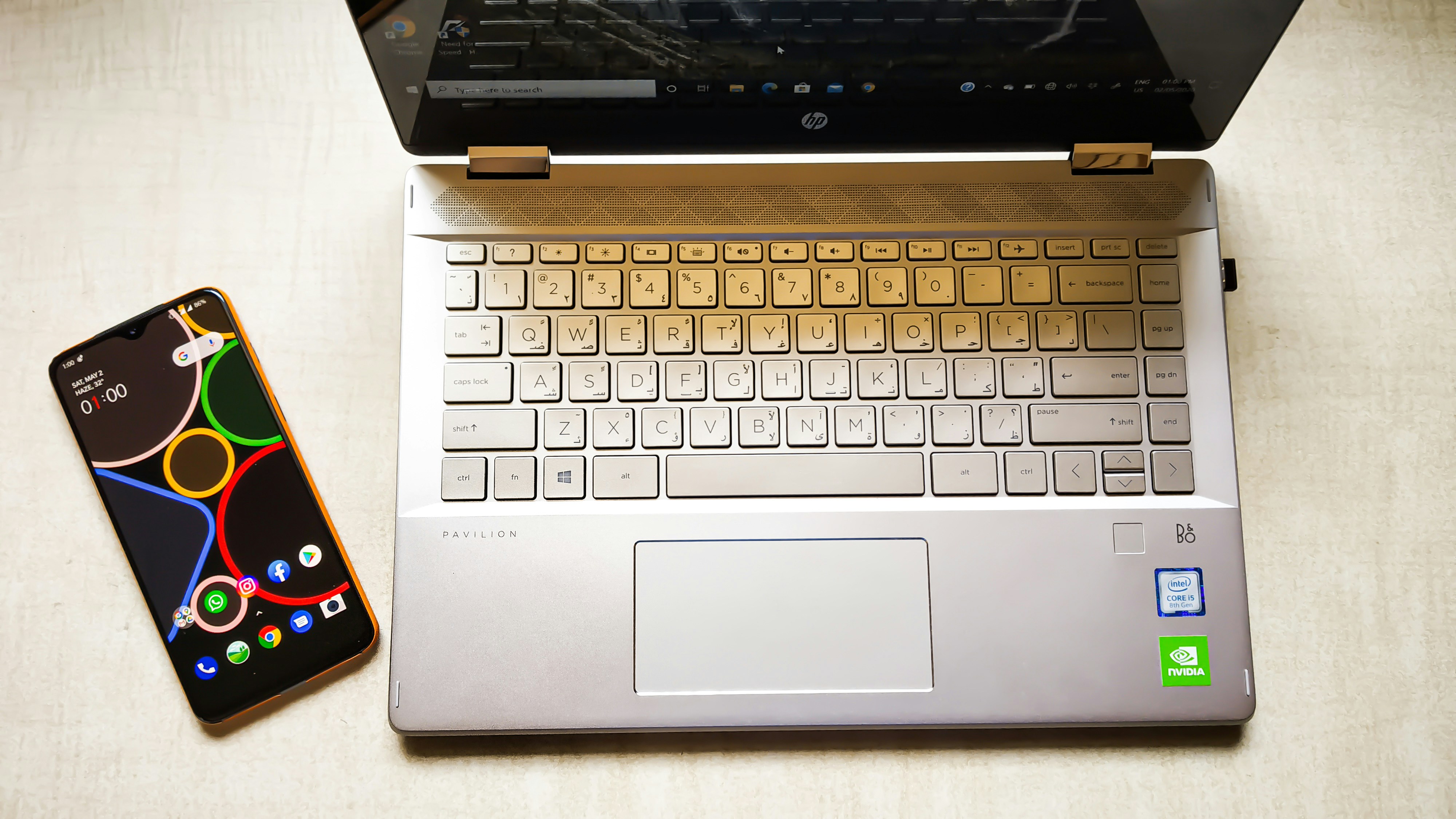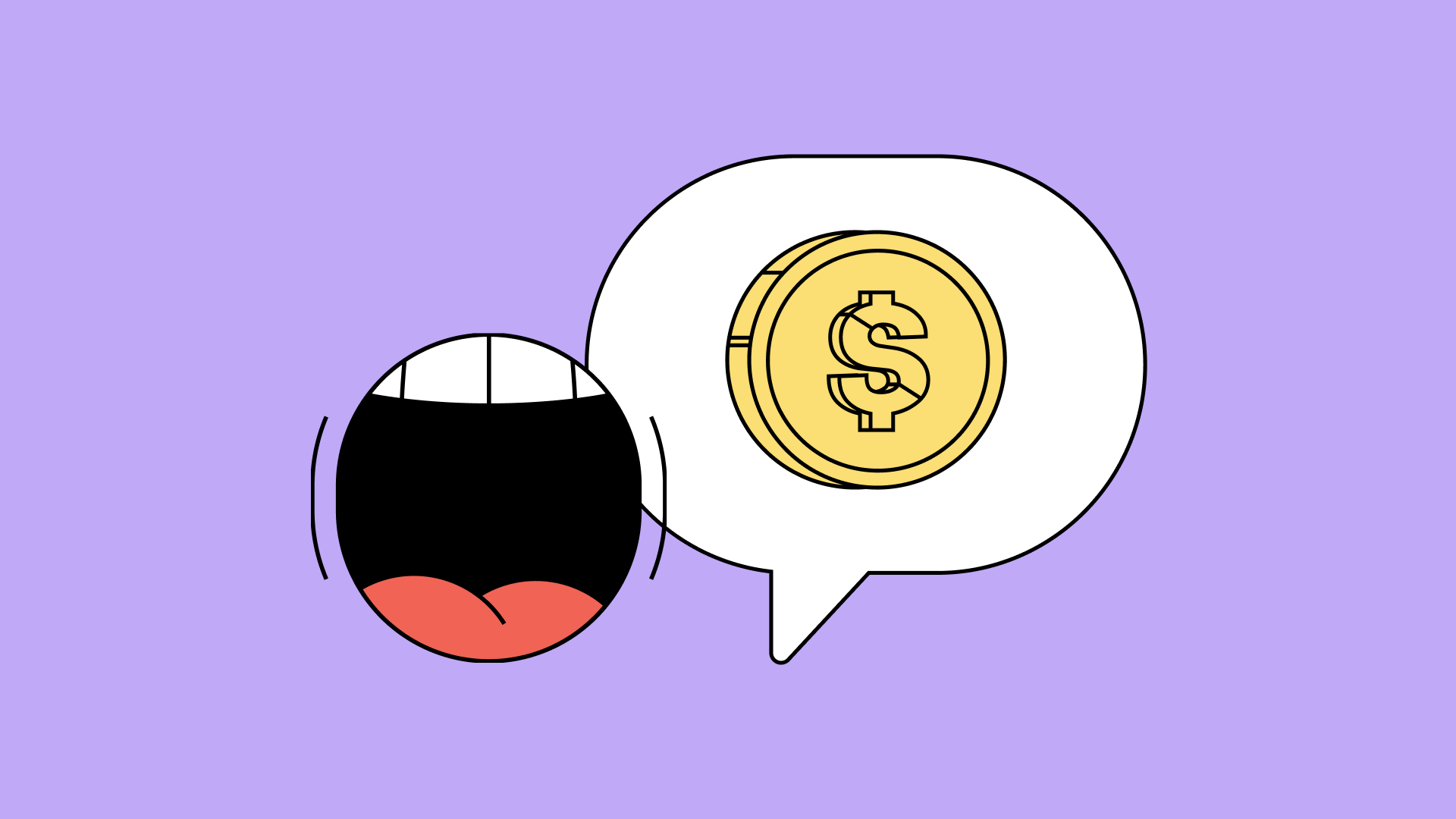COVID-19 Phishing Calls and How to Avoid Them
Browse categories

In a previous post, we outlined some common SMS and email phishing scams and how to recognize and avoid them. Unfortunately, times of concern are basically feeding grounds for sophisticated scammers to launch new phishing attempts as they prey on the fear of others.
It’s important that you are wary of any unsolicited calls or texts offering aid for the COVID-19 outbreak and to not give out your personal information when receiving these types of calls. It may be tricky to know exactly which calls are scams and which are real, but keep in mind that it is unlikely that any legitimate agency would be calling you directly with virus updates or to offer free products and services, especially unsolicited.
Common scams to be aware of
Red Cross "free" face mask
There have been reports of people receiving calls and texts that claim to be from the Red Cross, offering free face masks to be delivered directly to you. The catch is that there is an apparent delivery fee and they will try to collect your credit card information for that fee, but in reality they will simply steal your information to use for themselves.
Free COVID-19 tests
Calls have also been received claiming to offer free COVID-19 testing kits and personal information is requested to have your kit sent to you. This is not a real offer, do your due diligence to check if these offers are real in the future to avoid providing personal information to a fraudster.
Tested positive for the virus
Some scammers are going as far as to claim that you have tested positive for the COVID-19 virus in an attempt to collect your healthcare and credit card information. Again, do not trust these unsolicited reports, and if you are concerned for your health, call your family doctor or local hospital to find out how you can be tested safely.
Unemployment Insurance check
There have been reports of callers claiming that the recipient is eligible to collect an unemployment check from the government. This is another clever ruse to try to collect personal information from an individual. Be wary of these calls and never share personal information over the phone to an unconfirmed source.
Fake charities
This one may be tough to spot, and is not limited to an over-the-phone phishing scam. If you’re in the position where you want to help by donating to a good cause that is helping with the fight against COVID-19, I would strongly recommend going with a charity or organization that is reputable and well-known, like the American Red Cross. It’s more difficult to verify newer charities that are popping up, supposedly to aid the COVID-19 pandemic, and some of these apparent charities may actually be setup by scammers looking to steal well-intentioned donations.

The important thing to remember is that if it sounds too good to be true, it probably be is. When in doubt, simply hang up the phone. If you really think you need to share any personal information, make sure you do your research to make sure you’re not sharing anything with the wrong people. Don’t let anyone rush you or scare you into providing personal information, if it sounds like they’re intentionally scaring you or trying to rush you, they probably are. Hang up and report any phishing attempts to your local authorities to help stifle these scammers.









